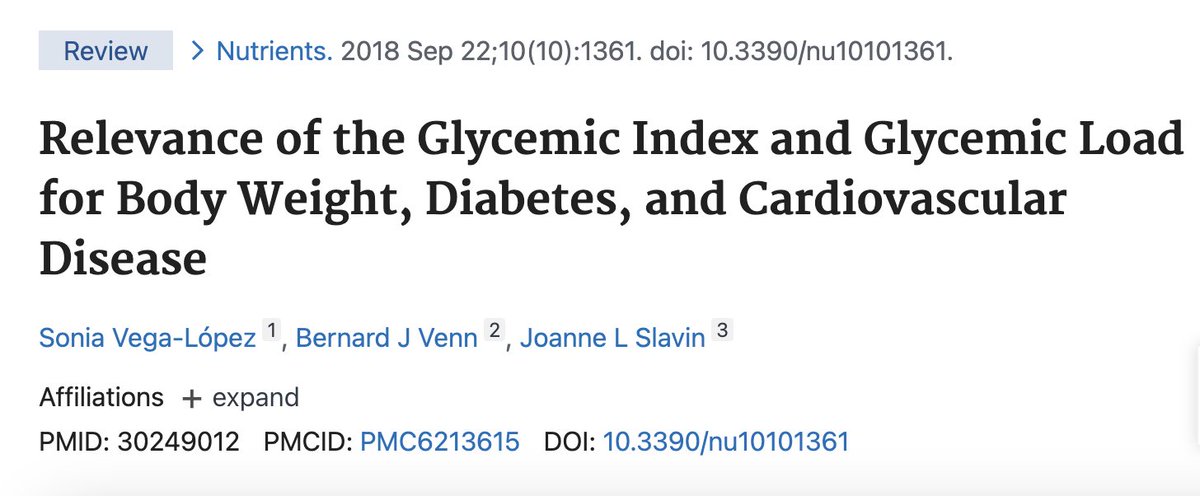Seed oils ARE inflammatory. Full stop.
They increase oxidized LDL (PMIDs: 2008870, 14739118, 8432867, 28503188, 9488997).
Oxidized LDL is known to worsen atherosclerosis (PMID 24222937) and to bind C-reactive protein (CRP) (12244213) a marker of inflammation.
(All studies cited are in humans)
1/8
They increase oxidized LDL (PMIDs: 2008870, 14739118, 8432867, 28503188, 9488997).
Oxidized LDL is known to worsen atherosclerosis (PMID 24222937) and to bind C-reactive protein (CRP) (12244213) a marker of inflammation.
(All studies cited are in humans)
1/8

Seed oils increase Lp(a) (PMIDs: 21466598, 14739118).
Lp(a) is known to be pro-atherogenic, pro-thrombotic and pro-inflammatory (32453609)
2/8
Lp(a) is known to be pro-atherogenic, pro-thrombotic and pro-inflammatory (32453609)
2/8
Seed oils increase Lp-PLA2 (Lipoprotein-associated phosholipase A2) (PMID: 28503188).
Increased LP-PLA2 is strongly associated with increased cardiovascular disease (PMIDs: 22499993, 17431184) and cleaves oxidized phospholipids in LDL.
3/8
Increased LP-PLA2 is strongly associated with increased cardiovascular disease (PMIDs: 22499993, 17431184) and cleaves oxidized phospholipids in LDL.
3/8
Seed oils increase linoleic acid derived oxylipins which are pro-inflammatory, such as 9/13 HODE and many others (PMID: 3292391).
Lower intake of seed oils decreases linoleic acid derived oxylipins 9/13 HODE and 9/13 oxoODE (PMID: 2295994).
Centenarians have lower levels of linoleic acid derived oxylipins (23483888).
5/11 HETEs (Arachidonic acid derived oxylipins) are also associated with obesity (PMID: 28403941)
Increased HODEs associated with increased rates of Alzheimer's dementia (PMID: 17688973)
4/8
Lower intake of seed oils decreases linoleic acid derived oxylipins 9/13 HODE and 9/13 oxoODE (PMID: 2295994).
Centenarians have lower levels of linoleic acid derived oxylipins (23483888).
5/11 HETEs (Arachidonic acid derived oxylipins) are also associated with obesity (PMID: 28403941)
Increased HODEs associated with increased rates of Alzheimer's dementia (PMID: 17688973)
4/8
Seed oils increase DNA adducts of malonaldehyde (PMID: 8640909), a known carcinogen in animal models and putative carcinogen in humans.
5/8
5/8
Cooking foods like french fries in seed oils leads to high levels of 4HNE (DOI 10.1007/s11746-015-2699-z)
4HNE is a toxic aldehyde found in increased levels in the brains of humans with cognitive impairment/dementia precursors (PMID:16413966, 18325775).
6/8
4HNE is a toxic aldehyde found in increased levels in the brains of humans with cognitive impairment/dementia precursors (PMID:16413966, 18325775).
6/8
In summary, choosing to eat refined, bleached and deodorized oils like soybean, sunflower, safflower, corn, peanut, or even canola oil can lead to increased pro inflammatory molecules like oxidized LDL, Lp(a), LP-LPA2, and oxylipins derived from linoleic including 9/13 HODE etc....
But we are told by Harvard, and other institutions they are healthy and not inflammatory? Hogwash.
7/8
But we are told by Harvard, and other institutions they are healthy and not inflammatory? Hogwash.
7/8
Humans have never had access to these industrially processed, highly refined, fragile and easily damaged oils outside of the seeds they occur in within the natural world.
Eliminating seed oils from your diet will radically improve your health.
Working on some formal, respectful debates with those who disagree.
8/8
Eliminating seed oils from your diet will radically improve your health.
Working on some formal, respectful debates with those who disagree.
8/8
• • •
Missing some Tweet in this thread? You can try to
force a refresh












